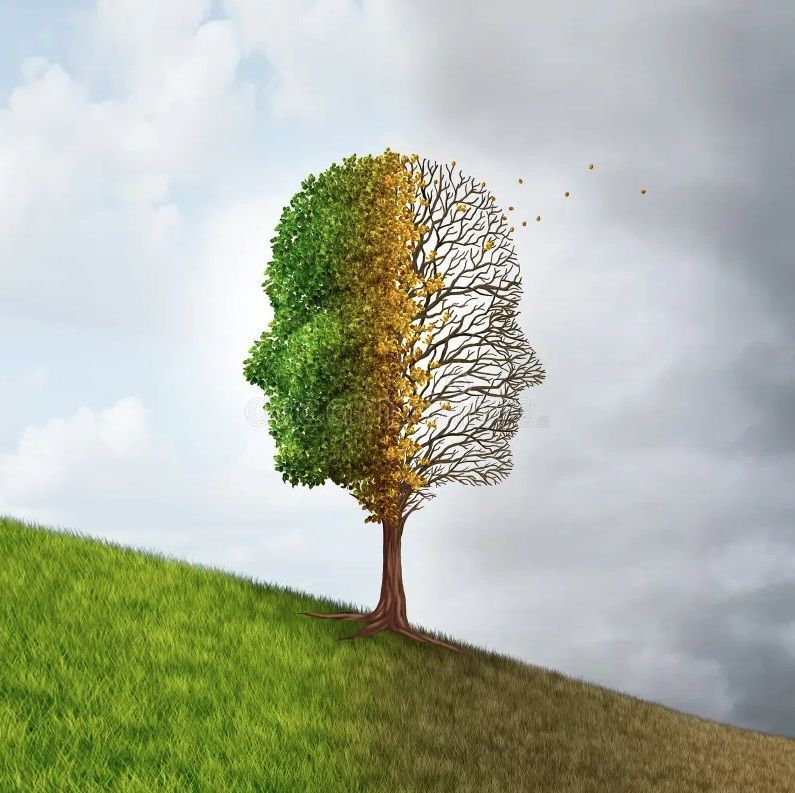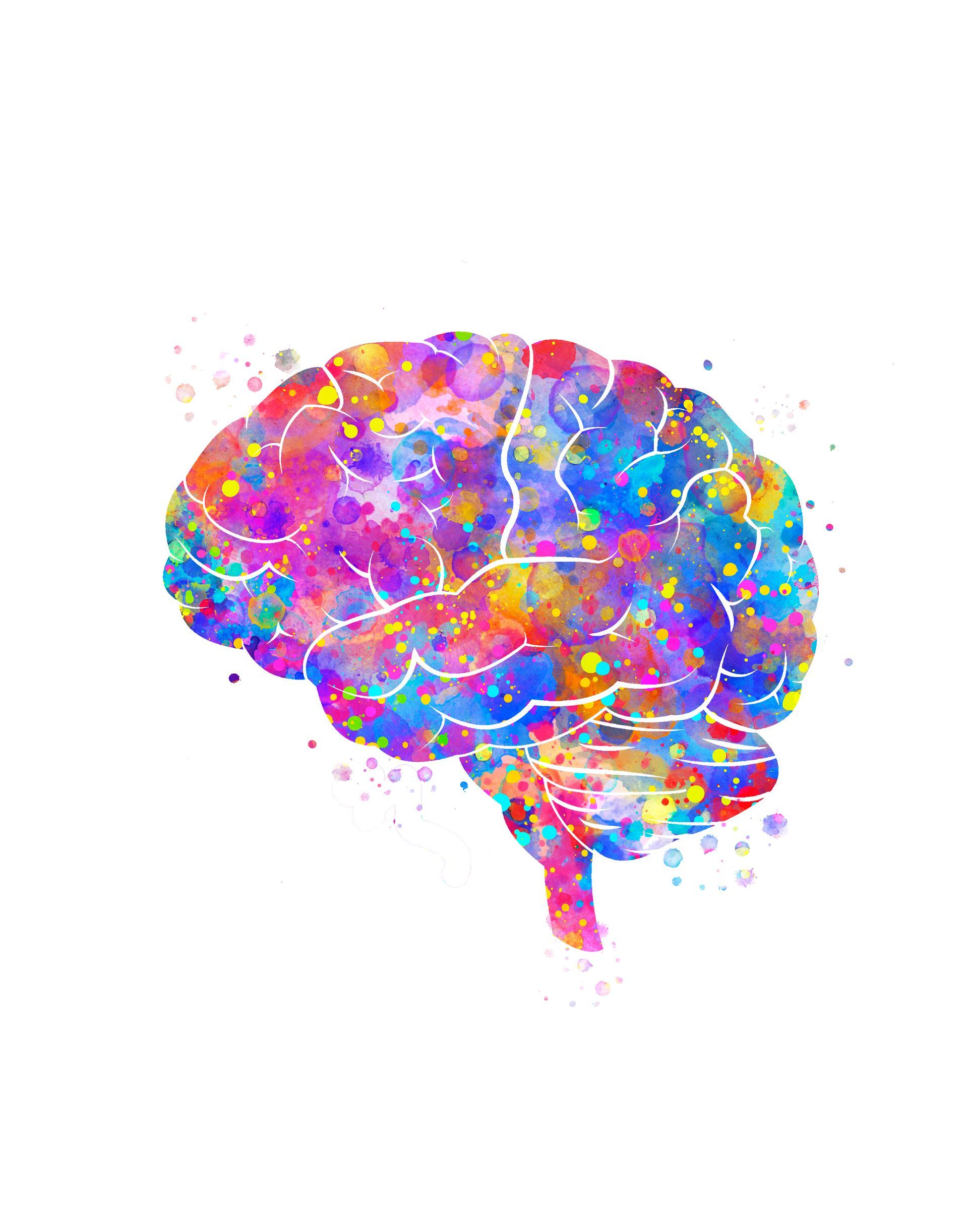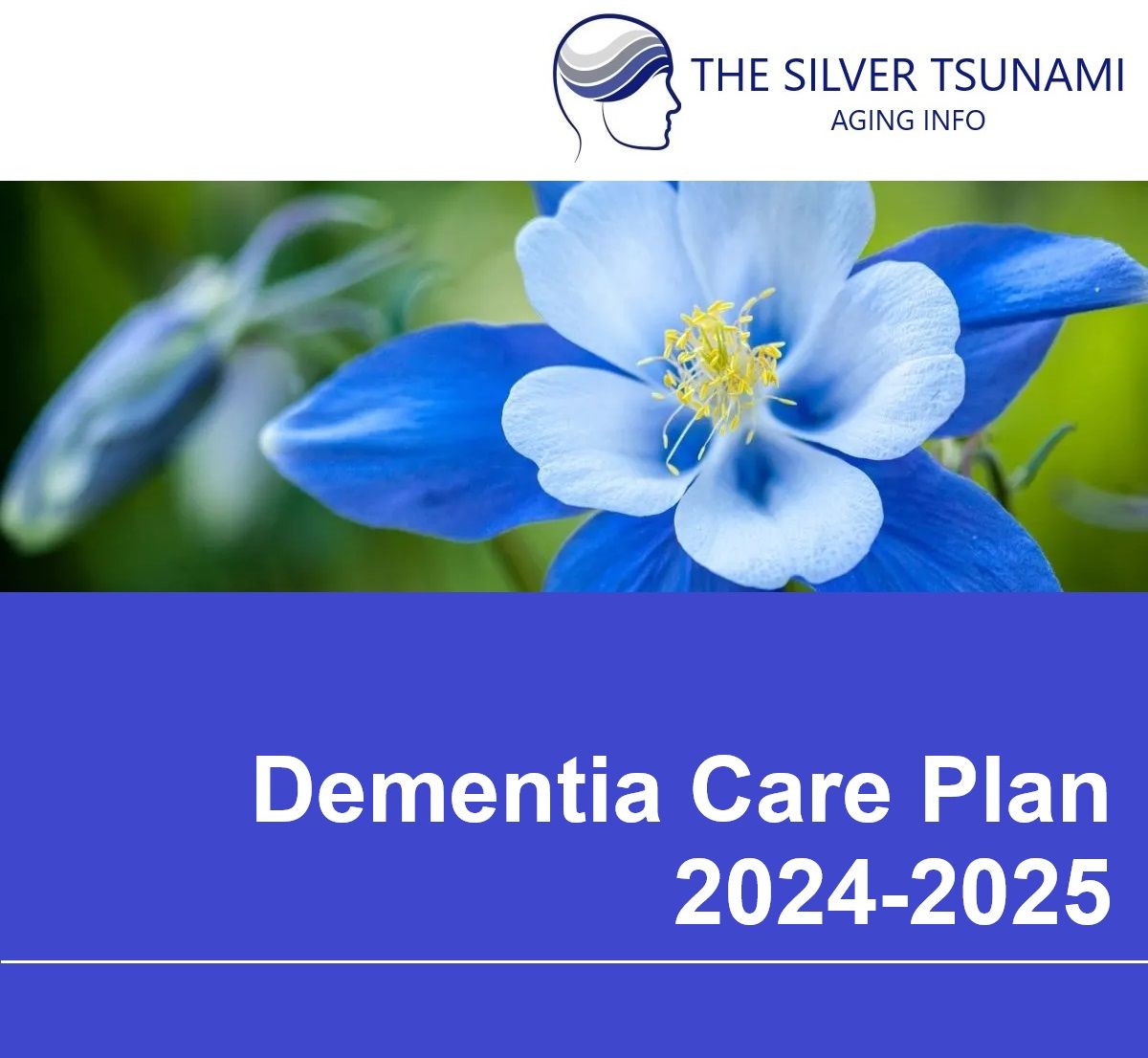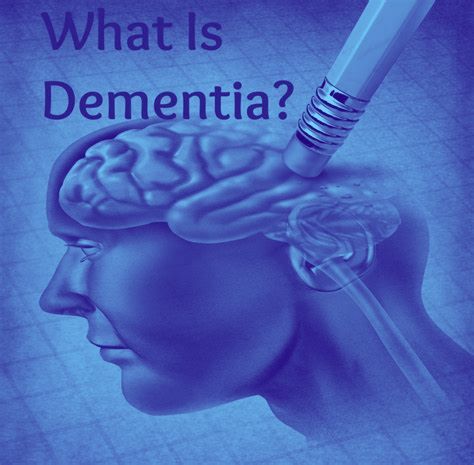What are the main types of dementia, and how do they differ
Understanding Dementia: Exploring the Different Types and Their Distinctions
Dementia is a term used to describe a decline in cognitive function that interferes with daily life. While Alzheimer’s disease is perhaps the most well-known form of dementia, there are several other types, each with its own unique characteristics and underlying causes.
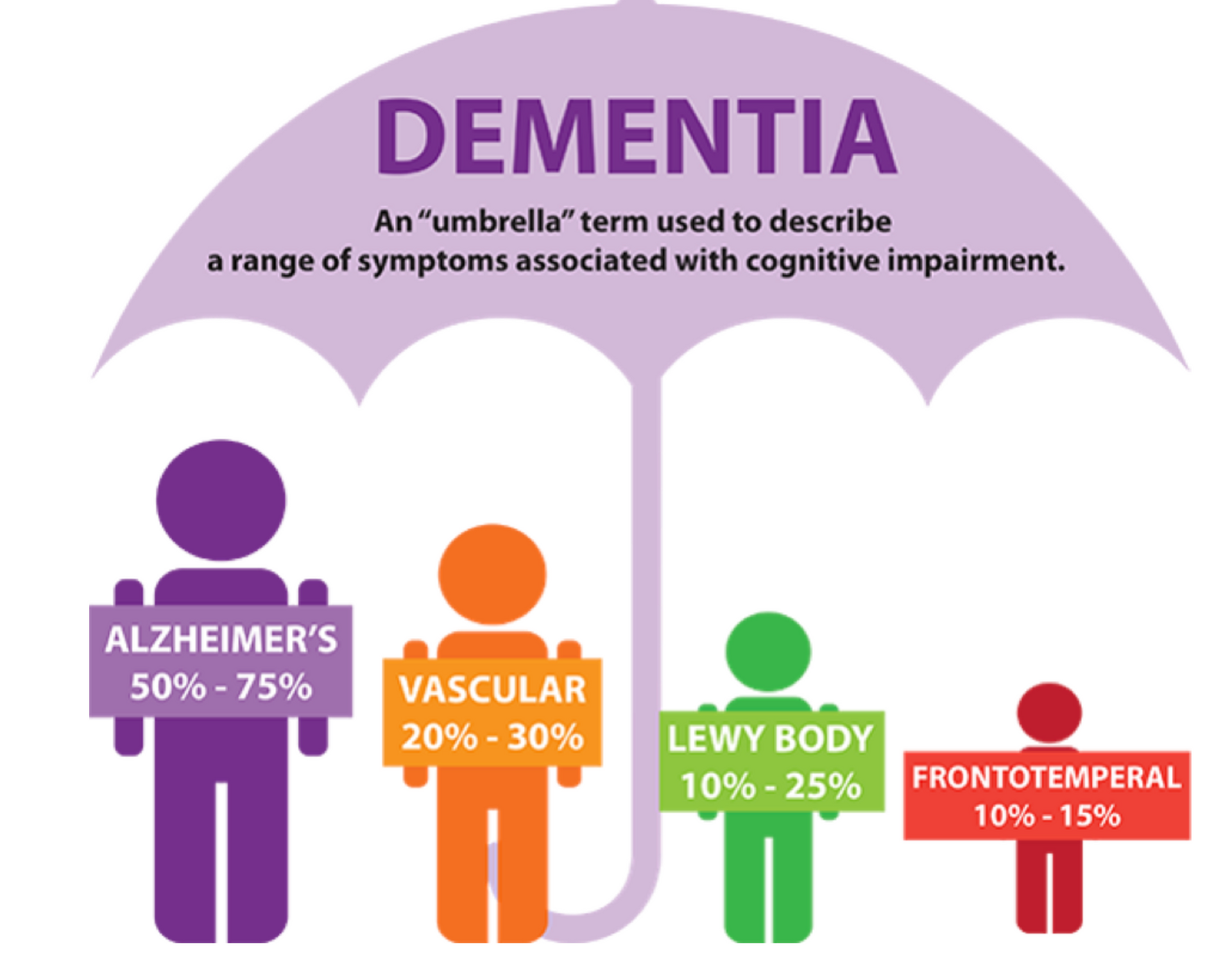
Let’s explore the main types of dementia and how they differ:
1. Alzheimer’s Disease
Alzheimer’s disease is the most common form of dementia, accounting for approximately 60-80% of cases. It is characterized by the accumulation of abnormal protein deposits in the brain, known as amyloid plaques and taut angles. These deposits interfere with communication between brain cells, leading to memory loss, cognitive decline, and changes in behavior and personality. Alzheimer’s disease typically progresses gradually over several years, with symptoms worsening over time.
2. Vascular Dementia
Vascular dementia is the second most common form of dementia, accounting for around 10%of cases. It is caused by reduced blood flow to the brain, often as a result of stroke, small vessel disease, or other vascular conditions. Symptoms of vascular dementia can vary depending on the location and severity of the brain damage but may include difficulties with memory, attention, and executive function. Unlike Alzheimer’s disease, which tends to progress gradually, vascular dementia may have a more stepwise or “staircase” progression, with symptoms worsening suddenly after each stroke or significant vascular event.
3. Lewy Body Dementia (LBD)
Lewy body dementia is characterized by the presence of abnormal protein deposits, called Lewy bodies, in the brain. It shares some similarities with both Alzheimer’s disease and Parkinson’s disease, including cognitive impairment, movement disorders, and hallucinations. Individuals with LBD may experience fluctuating cognitive symptoms, visual hallucinations, REM sleep behavior disorder, and Parkinsonism (such as tremors and stiff ness). Diagnosis and management of LBD can be challenging due to its overlapping symptoms with other conditions.
4. Frontotemporal Dementia (FTD)
Frontotemporal dementia is a group of disorders characterized by progressive damage to the frontal and temporal lobes of the brain. It primarily affects personality, behavior, and language skills, rather than memory. Subtypes of FTD include behavioral variant frontotemporal dementia (bvFTD), which is characterized by changes in behavior and personality, and primary progressive aphasia (PPA), which primarily affects language abilities. Unlike Alzheimer’s disease, which typically occurs later in life, FTD often begins in midlife or even earlier.
5. Mixed Dementia
In some cases, individuals may have a combination of different types of dementia, known as mixed dementia. For example, a person may have both Alzheimer’s disease and vascular dementia, leading to a combination of symptoms associated with both conditions. Mixed dementia is often more challenging to diagnose and manage due to the overlapping symptoms and underlying causes.
Conclusion
In summary, dementia encompasses a range of conditions, each with its own distinct characteristics and underlying causes. While Alzheimer’s disease is the most common form of dementia, other types, such as vascular dementia, Lewy body dementia, and frontotemporal dementia, also play a significant role in the spectrum of cognitive disorders. Understanding the differences between these types of dementia is essential for accurate diagnosis, appropriate treatment, and effective management strategies.
If you or a loved one is experiencing concerning cognitive symptoms, consult with a healthcare professional for evaluation and personalized guidance. Early diagnosis and intervention can make a significant difference in managing symptoms and improving quality of life for individuals and their families.
